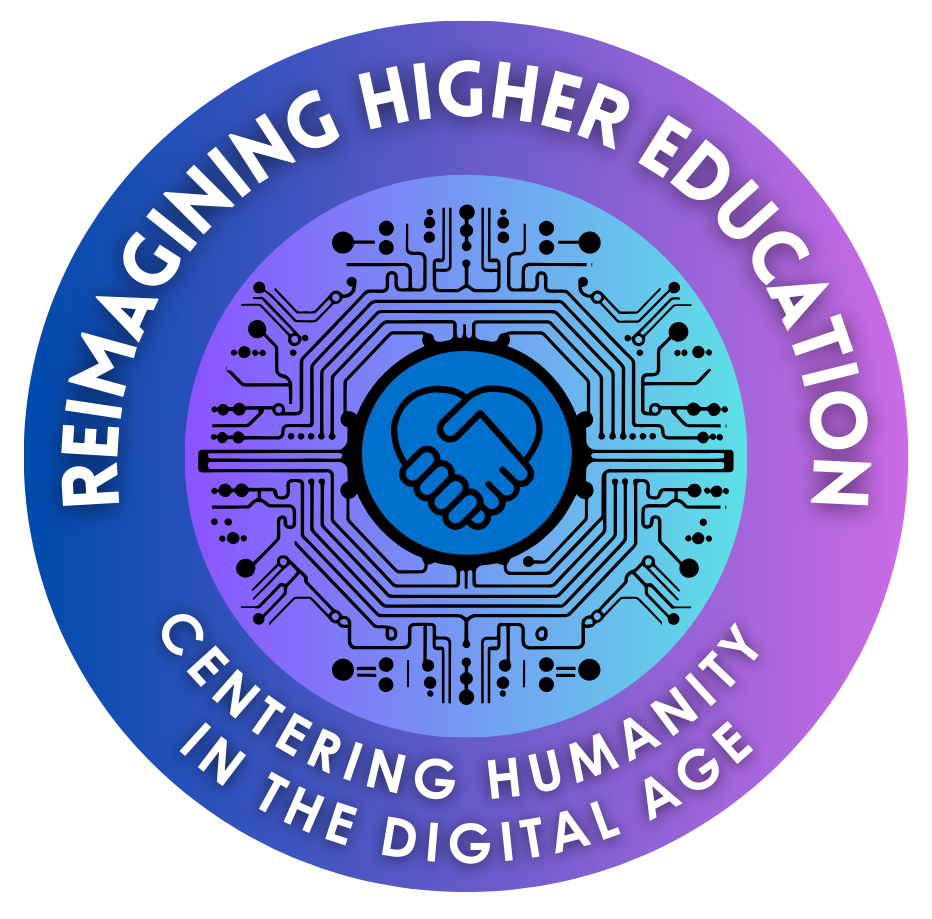Embracing Belonging of Transnational Students to the Academic and Social Communities
Start Date
1-11-2023 1:20 PM
End Date
1-11-2023 1:35 PM
Keywords
2023, destination excellence, day 1, embracing belonging, equity, diversity, inclusion, focus on graduate/professional, all educators, faculty development
Abstract
This presentation investigates the experiences in depth of transnational graduate students as they encounter unique challenges in academic and social communities. The focus is on how they make sense of their experiences in the process of becoming legitimate members of their new academic and social communities. The presentation proves that narratives by transnational students can uncover the discourse and conditions limiting their access to the target academic and social community. As transnational students in their classrooms, the participants often felt marginalized as "non-native speakers of English" and in turn perceived themselves as illegitimate members of the academic community. Suggestions are given on the delivery of equal opportunities that engage transnational graduate students in the current globalized world.
Learning Outcomes:
Participants will be able to:
- acquire basic knowledge about working with transnational graduate students to apply in the NSU context.
- apply concrete skills in designing equal classroom and social activities for transnational students.
- gain a deeper understanding of the attitudes and biases that educators might possess towards transnational graduate students.
Embracing Belonging of Transnational Students to the Academic and Social Communities
This presentation investigates the experiences in depth of transnational graduate students as they encounter unique challenges in academic and social communities. The focus is on how they make sense of their experiences in the process of becoming legitimate members of their new academic and social communities. The presentation proves that narratives by transnational students can uncover the discourse and conditions limiting their access to the target academic and social community. As transnational students in their classrooms, the participants often felt marginalized as "non-native speakers of English" and in turn perceived themselves as illegitimate members of the academic community. Suggestions are given on the delivery of equal opportunities that engage transnational graduate students in the current globalized world.
Learning Outcomes:
Participants will be able to:
- acquire basic knowledge about working with transnational graduate students to apply in the NSU context.
- apply concrete skills in designing equal classroom and social activities for transnational students.
- gain a deeper understanding of the attitudes and biases that educators might possess towards transnational graduate students.


